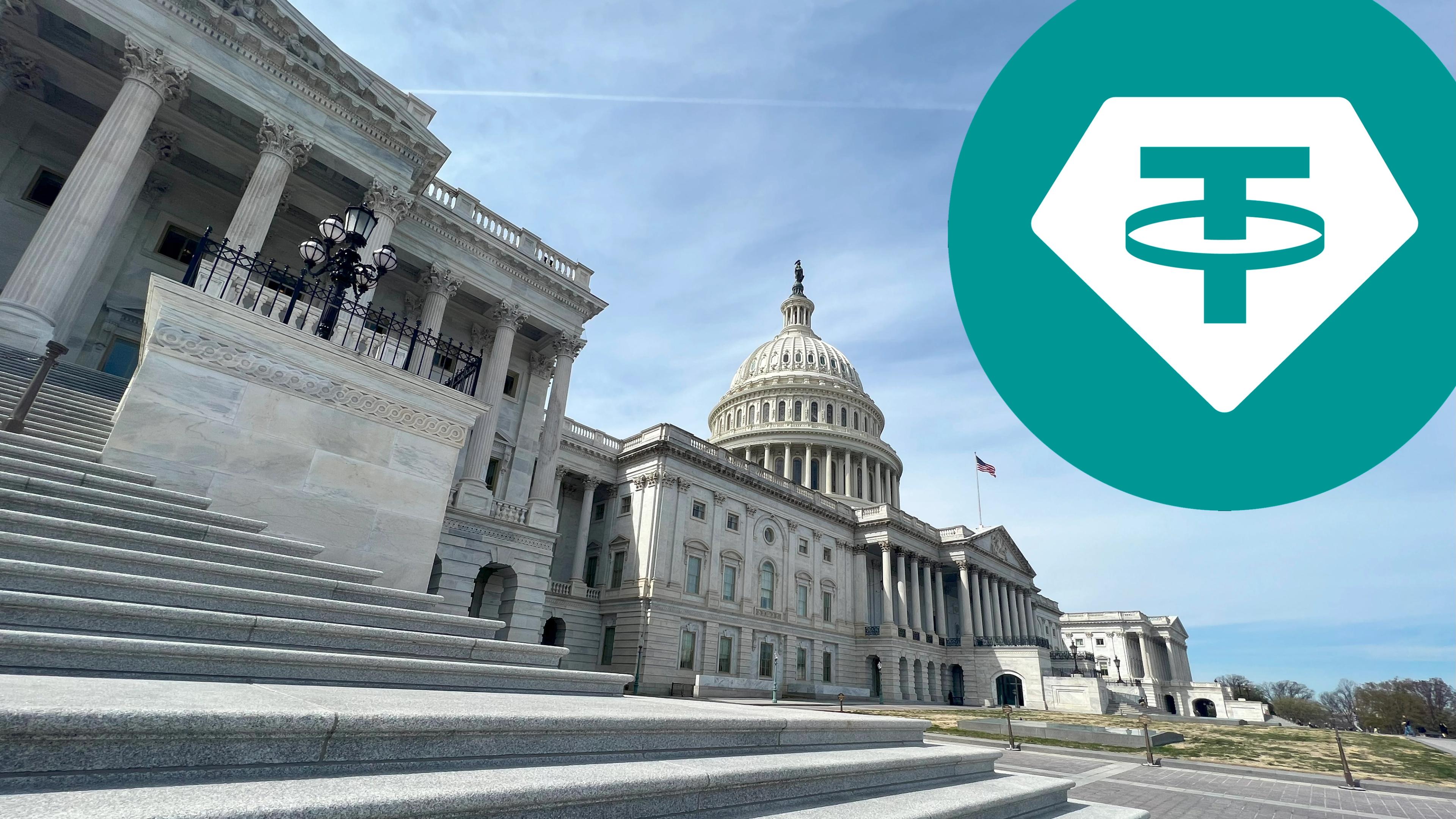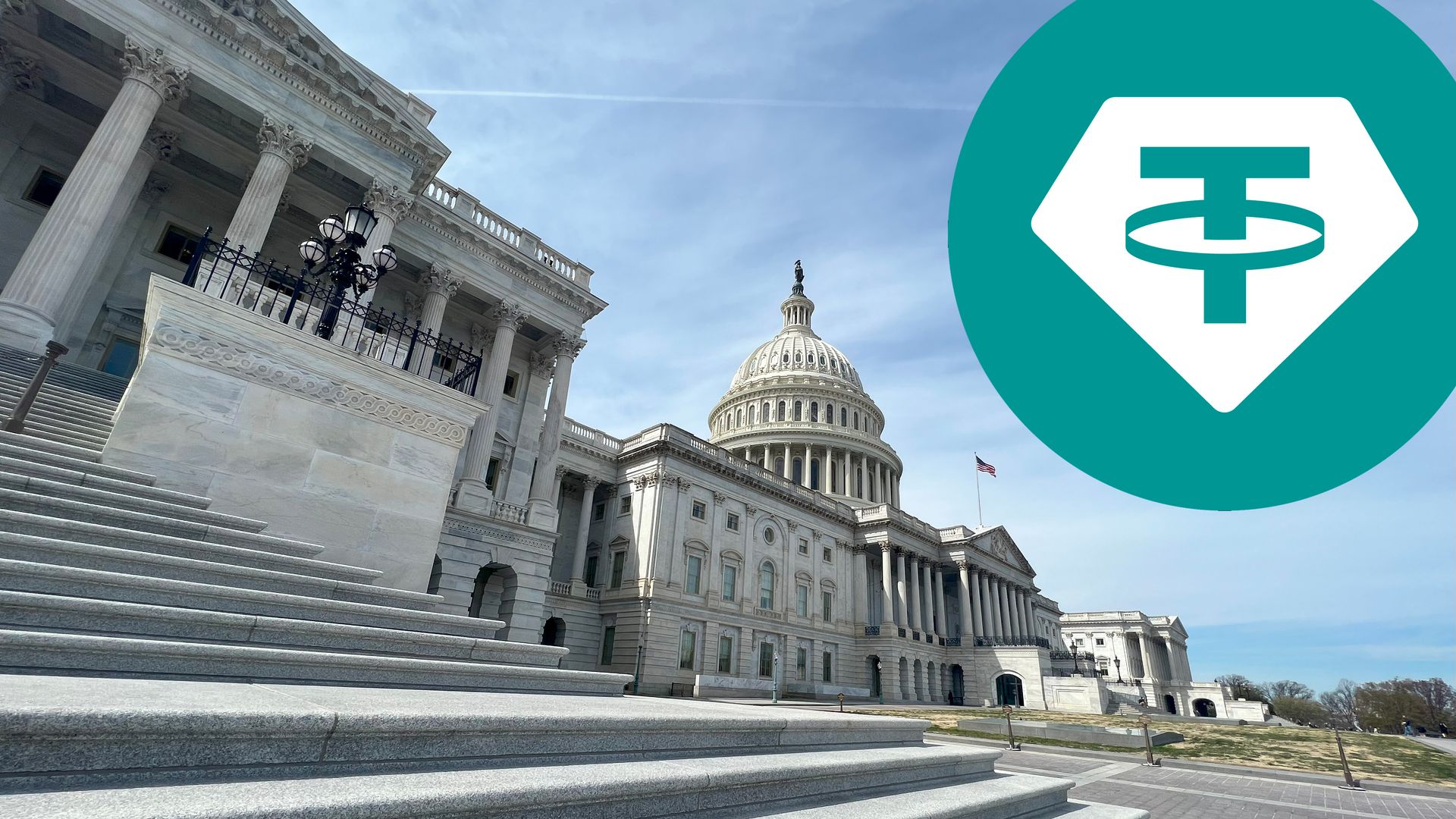
Will Tether Sustain Its Edge Amid U.S. Stablecoin Regulations?
The U.S. Senate is nearing a decision on the GENIUS Act, which may reshape regulations for Tether and other stablecoin issuers.
Key Highlights:
- Tether, the world’s leading stablecoin issuer, is facing new challenges in the U.S. market that may arise from the GENIUS Act.
- Legal experts suggest a cautious approach from Tether regarding compliance with forthcoming regulations.
 The U.S. Senate is about to pass a stablecoin bill that leaves complicated questions for Tether.
The U.S. Senate is about to pass a stablecoin bill that leaves complicated questions for Tether.
The Path Ahead for Tether
The Guiding and Establishing National Innovation for U.S. Stablecoins of 2025 (GENIUS) Act could create significant hurdles for Tether (USDT). While it might allow foreign companies access to the U.S. market, strict compliance with U.S. standards would be required.
Tether may have to decide between adhering to complex regulations to enter the U.S. market or maintaining its focus outside the U.S. as the regulatory landscape evolves locally and globally.
CEO Insights
Tether’s CEO, Paolo Ardoino, indicated that the company is contemplating the launch of a U.S.-based stablecoin to comply fully with domestic regulations.
Regulatory Backdrop
The bill aims to provide oversight for U.S. stablecoin operations while leaving open loopholes for foreign issuers, leading some critics, including Senator Elizabeth Warren, to voice concerns about potential risks.
“Unfortunately, the GENIUS Act massively expands the marketplace for stablecoins while failing to address the basic national security risks posed by them,” said Senator Warren.
Conclusion
As the U.S. Senate progresses with the GENIUS Act, the future regulatory environment will critically shape Tether’s strategy and its position in the competitive crypto landscape.


